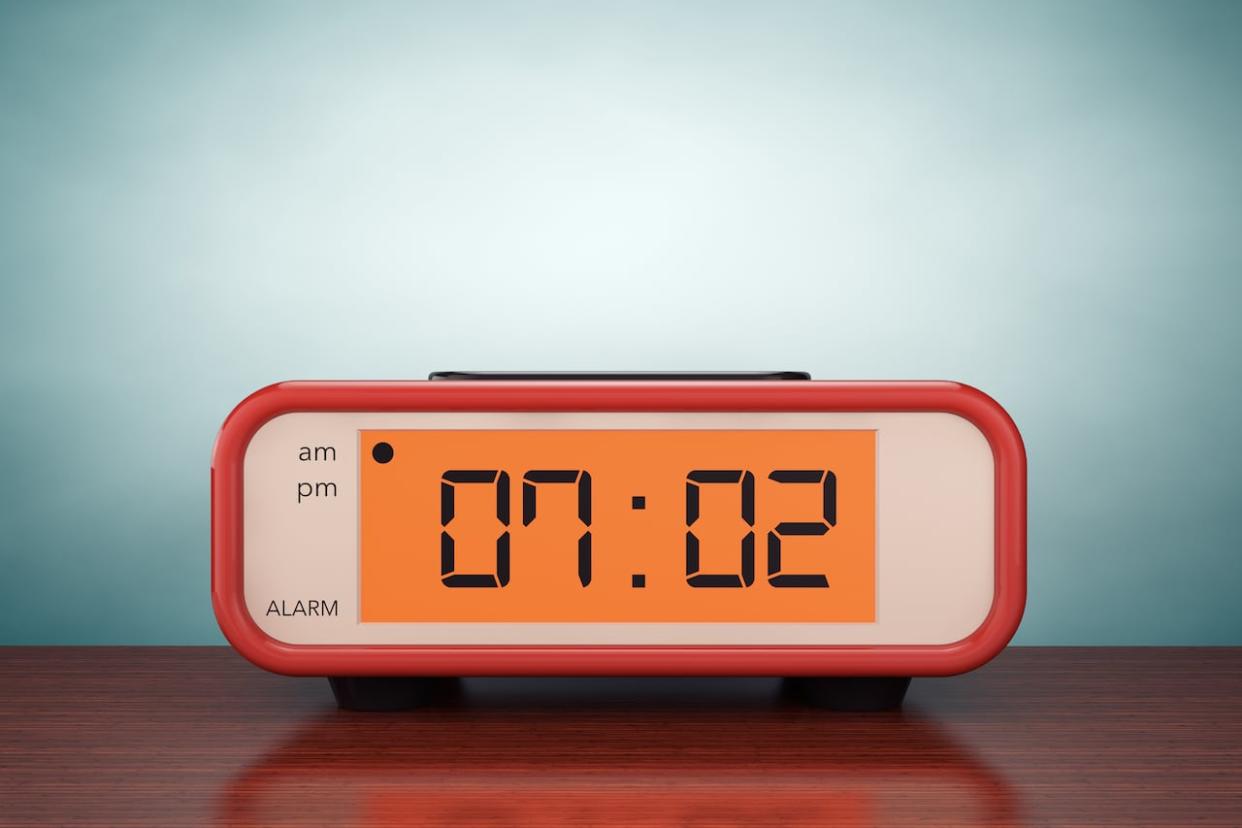Does your teen want to sleep in? This school board might let them

The Upper Canada District School Board is looking at flipping bell times for secondary and elementary schools — a move it says could benefit academic performance and mental health.
Elementary school students would start at 8 a.m. while older students could start an hour or more later.
The school board held its first of two information sessions on Monday, which included a panel of experts who told parents that letting teenagers sleep in has its perks.
"We're really impressed by the scientific research," superintendent Susan Rutters told CBC Radio's Ottawa Morning.
"Good sleep hygiene — and the ability to have even as little as 30 minutes more sleep or 30 minute later start times for our adolescents — does result, by the science, in improved conditions for success at school and improved well-being."
The board tabled a motion in October that would flip the schedules, but no decisions or firm timelines have been set. Rutters said they're still exploring the idea and any significant change to bus routes and bell times would require several more steps.
Parents like Michelle Langevin, who has four children, aren't so keen about such a change.
"I struggle with it," said Langevin, who believes the cited benefits are nice but wouldn't work in practice.
"I think it's very important for them to get on a schedule where they're getting ready for the day like you would as a working adult. And I can't imagine the little ones out at the end of the road at that time in the morning."
Langevin is a member of the Parent Involvement Committee at Merrickville Public School. She said some parents of younger children have questions about how the flipped schedule would work once the final bell rings, adding she can't leave her youngest home alone all afternoon.

The board held its first of two information sessions on Nov. 27 about the benefits of flipping the schedules. (Jean Delisle/CBC)
"Whereas you could leave the older kids. They get off the bus, they're OK."
The change in start times could also affect her children's after-school activities, she said.
Some parents may want one unified later start time for all school children, but Rutters said some realities of living in rural areas are inescapable.
"We are dealing with driver shortages, and also with the number of available buses, that will limit the ability to send all students from K-to-12 schools at the same start time," she said.
Mismatch in schedules, says prof
Regardless of the logistical concerns, a psychology professor at Toronto's Seneca Polytechnic says the benefits for teenagers are clear-cut.
Laura Cavanagh says there is a mismatch between adolescent sleep needs and their schedules, as studies show anywhere between 40 to 88 per cent of high schoolers are sleep deprived.
"There's very solid data on how our sleep needs change as we move from our childhood into our teenage years," said Cavanagh, who is also a registered psychotherapist.
She said teenagers start to produce melatonin later in the evening, as well as later in the morning.
"[This] is why it's both hard for them to fall asleep early and hard for them to get up earlier," said Cavanagh, adding every half an hour of sleep can make a difference.
She said some youths will use stimulant medication to keep up, leading to "rampant" abuse of those prescribed for attention-deficit/hyperactivity disorder.
"It's not just a question of what's easiest for teens, but really it's a safety issue," Cavanagh said. "It can set adolescents up for long-term success in post-secondary and beyond when they're not experiencing real chronic sleep deprivation."


